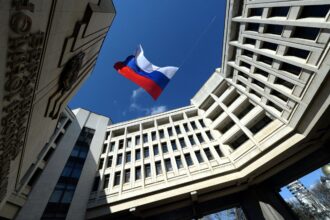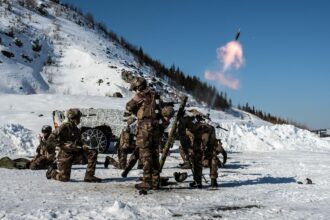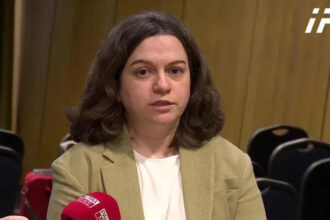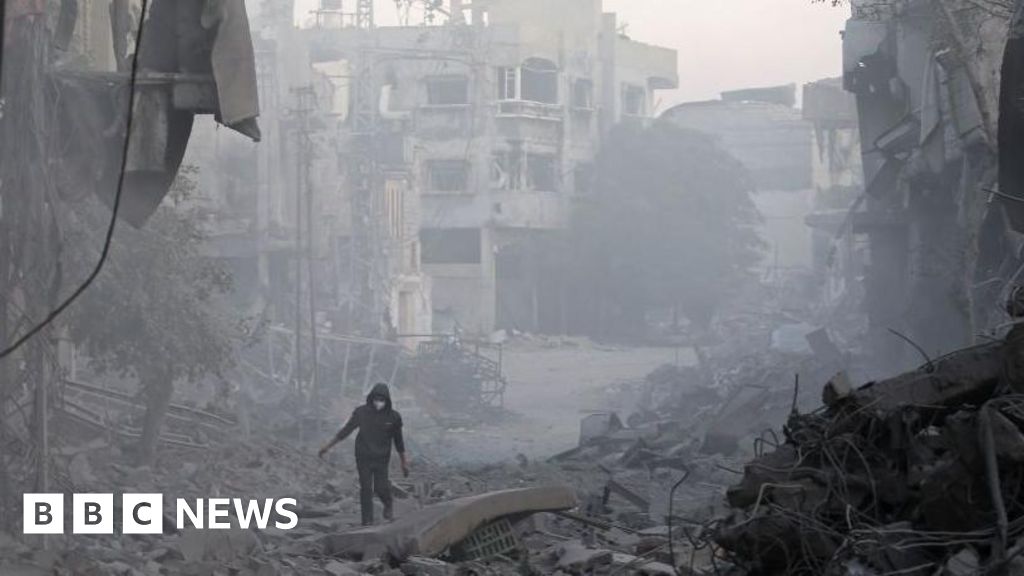**New Hope for Gaza Ceasefire Deal**
After eight months of war, there is a new sense of hope that the Israel-Hamas ceasefire deal and hostage release agreement will finally be reached. What’s changed?
**US Pressure on Israel**
Firstly, Donald Trump has been elected as the next US President. He has warned that “all hell will break loose” if hostages are not released before his inauguration on January 20th. This could mean that even the flimsy breaks by the Biden administration to rein in the Israeli Government would be lifted.
**Israel’s Far-Right Under Pressure**
Meanwhile, Benjamin Netanyahu is facing pressure from his coalition partners of the far-right to continue the war. However, some analysts believe that Israel should reconsider its strategy because Hamas is rebuilding quicker than Israel can defeat it. Ten Israeli soldiers were killed last week in Gaza, bringing attention to the cost of the war for Israel.
**Regional Changes**
There’s also a regional change playing a role in the shift of expectations: the weakening of Hamas’ allies within Iran’s “Axis of Resistance”. This includes Hezbollah in Lebanon and Bashar al-Assad in Syria. All these reasons make it clear that now is the best time to bring peace between Israel and Hamas.
**Negotiations Continue**
The gaps between Israel and Hamas have not changed in eight months, but the context has. The main issue remains the direct conflict between Hamas’s desire to end the war and Israel’s desire to keep the possibility of a resumption of the conflict open. The deal is divided into three phases, with a permanent ceasefire only coming into effect during phase two.
**Encouraging Signs**
However, there are encouraging signs that negotiations may finally bear fruit. Netanyahu sent the heads of Israel’s security agencies and a key adviser to Doha talks, and Qadoura Fares, the Palestinian detainee coordinator, has also left for Doha. The deal is still not done, but this old deal is generating new hopes because it’s taking place within a new context with increasing pressures from both key allies and internal stakeholders.
Read More @ www.bbc.com




